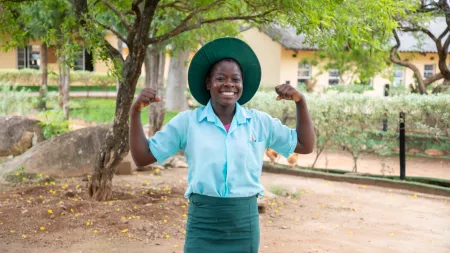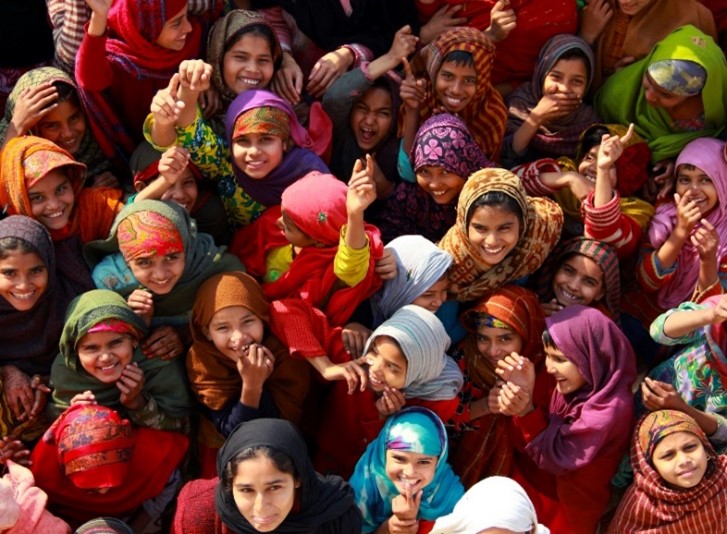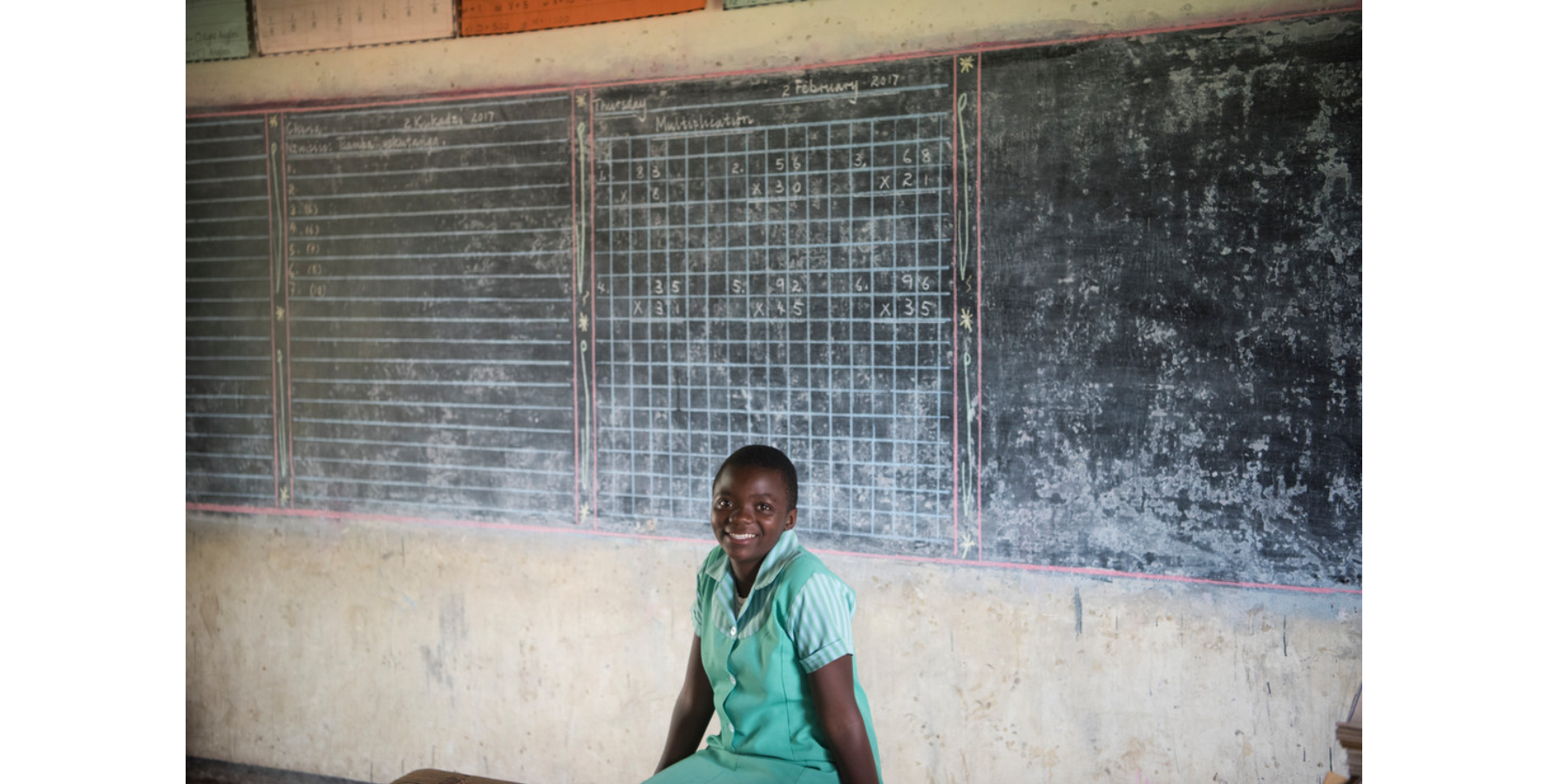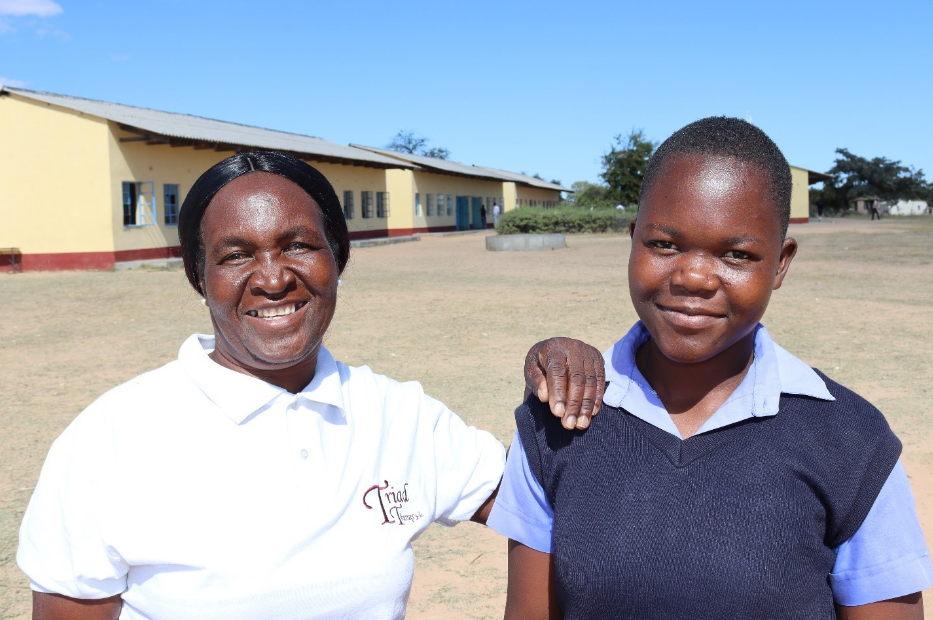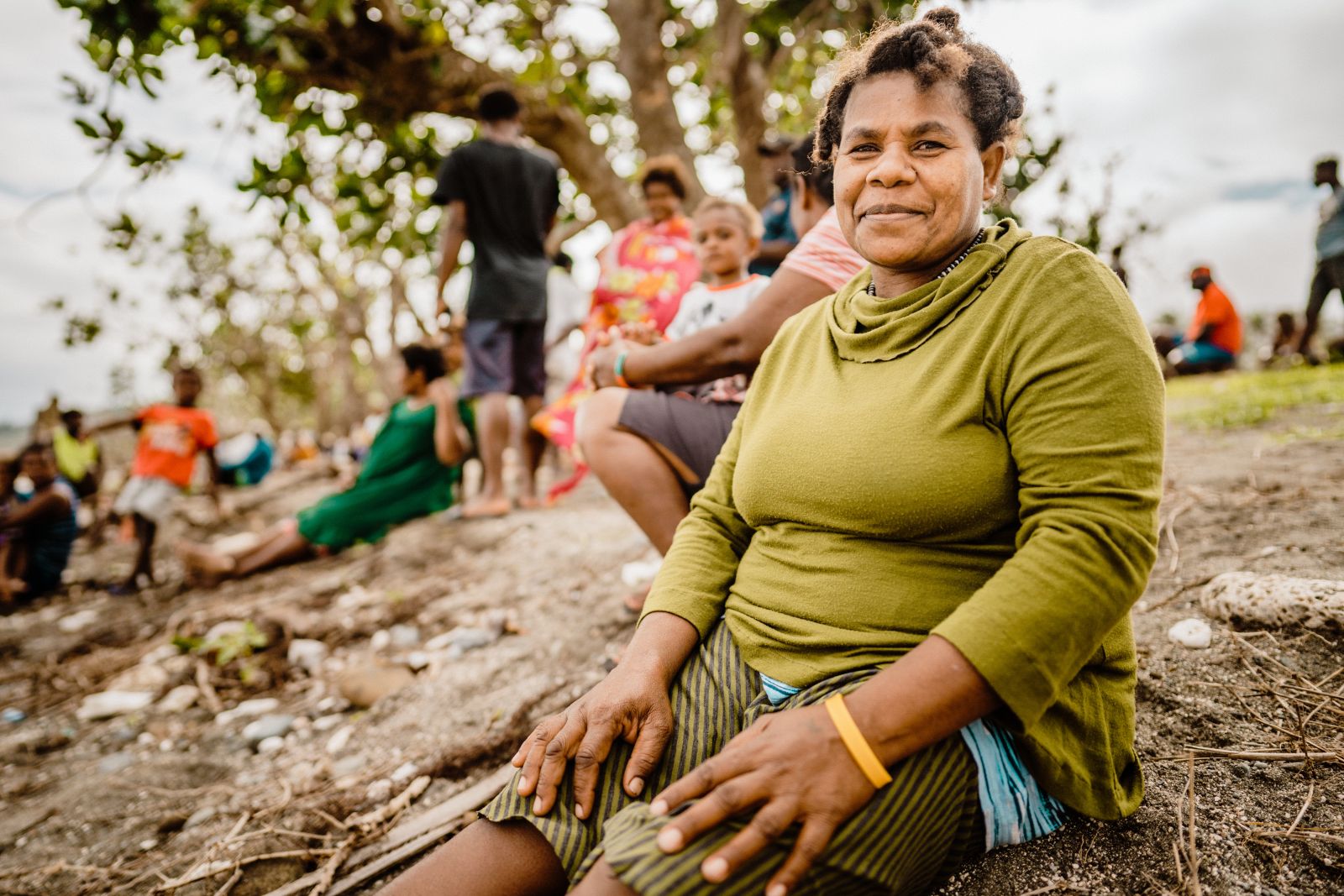
In the shadow of the pandemic: 10 crises that didn't make headlines in 2021
CARE International launches its report, "The Most Under-Reported Humanitarian Crises of 2021," highlighting, for the sixth year in a row, the 10 crises that received little media attention in the year before. According to the United Nations, around 235 million people worldwide needed humanitarian aid last year – this number is predicted to rise to 274 million people in 2022.
